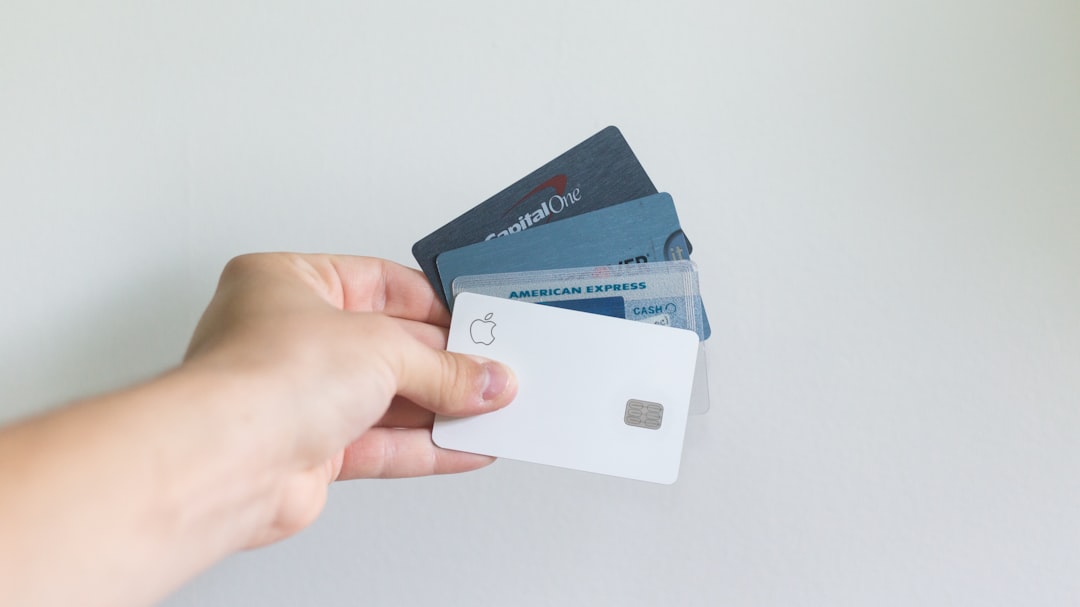Debt Consolidation Loans for the Self Employed offer a solution to manage multiple debts with less-than-perfect credit by combining them into one lower-interest loan. Accessible to freelancers and contract workers through alternative income verification methods like tax returns and business financial statements, these loans focus on repayment ability rather than traditional collateral and strict credit scores. Key factors for qualification include evaluating income levels, debt ratios, and credit history, with self-employed individuals demonstrating financial stability through detailed business records.
“Thinking about debt consolidation loans for the self-employed with bad credit? This comprehensive guide breaks down the eligibility criteria essential for securing a loan. We explore key aspects like understanding your financial situation, meeting basic requirements, and proving income. Learn how lenders assess credit scores and discover suitable loan types and repayment options tailored to the self-employed. By the end, you’ll be equipped with insights to navigate debt consolidation successfully.”
- Understanding Bad Credit Debt Consolidation Loans
- Eligibility: Self-Employed Basics
- Financial Requirements for Qualification
- Proof of Income and Employment
- Credit Score Assessment
- Loan Types and Repayment Options
Understanding Bad Credit Debt Consolidation Loans

Debt consolidation loans are a popular solution for individuals struggling with multiple debts, especially those with bad credit. These loans allow borrowers to combine various high-interest debt into one single loan with a lower interest rate, making repayment more manageable and affordable. For self-employed individuals or freelancers, accessing this type of loan can be a game-changer.
Understanding Debt Consolidation Loans for the Self Employed involves recognizing that traditional loans often require strict collateral and credit score requirements. However, consolidation loans cater to those with less-than-perfect credit by focusing on the borrower’s ability to repay rather than their past financial history. This makes it possible for self-employed individuals to gain access to funds needed to consolidate debts, providing them with a clearer financial path and potentially saving money in interest costs over time.
Eligibility: Self-Employed Basics

Self-employed individuals seeking debt consolidation loans often have unique challenges when it comes to eligibility criteria. Lenders typically require a steady income stream and proof of employment, which can be more complicated for freelancers or those working on contracts. However, this doesn’t mean that securing Debt Consolidation Loans for the Self Employed is impossible; it simply requires a different approach.
Lenders may consider alternative verification methods such as tax returns, business financial statements, and revenue records to assess income stability. Demonstrating a consistent ability to generate revenue despite employment status can increase chances of approval. Additionally, maintaining good credit history and providing collateral can also improve loan eligibility for self-employed borrowers.
Financial Requirements for Qualification

The financial requirements for qualifying for a debt consolidation loan, especially tailored for the self-employed, involve evaluating both income and debt levels. Lenders assess your ability to repay by considering your gross income, which includes all sources such as business revenue, investments, and other forms of earnings. This ensures that you meet the minimum income criteria set by the lender to service the new loan effectively.
For self-employed individuals, providing stable and consistent income streams is essential. Lenders may require tax returns and financial statements to verify your income and assess your overall financial health. Additionally, they’ll examine your outstanding debts to determine if consolidation is feasible. This includes credit card debt, personal loans, and other unsecured debts. The lender will calculate a debt-to-income ratio to ensure that consolidating your debts will not overwhelm your finances.
Proof of Income and Employment

For individuals seeking debt consolidation loans, proving a stable source of income and employment is essential. This is particularly crucial when applying for Bad Credit Debt Consolidation Loans, as lenders want to ensure borrowers have the financial capability to repay their debts. Lenders typically require applicants to provide tax returns, pay stubs, or other financial documentation to verify their income.
Self-employed individuals may face unique challenges in meeting these requirements due to irregular income patterns. However, they can still qualify for Debt Consolidation Loans by providing detailed business financial statements and tax documents. Demonstrating a consistent history of income from self-employment ventures can be just as persuasive as traditional employment records for securing favorable loan terms.
Credit Score Assessment

When considering debt consolidation loans, especially for those who are self-employed, a key aspect lenders assess is your credit score. This numerical representation of your borrowing history and creditworthiness plays a significant role in determining loan eligibility and terms. For individuals with bad credit, often characterized by scores below 620 on the FICO scale, securing debt consolidation loans can be challenging but not impossible.
Lenders will scrutinize your credit report to evaluate factors such as payment history, levels of debt, and types of credit used. Self-employed borrowers may face additional scrutiny due to the unique nature of their income streams. Lenders want to see a consistent repayment history, regardless of employment status, to mitigate risk. Demonstrating a stable financial foundation through responsible borrowing practices can significantly enhance your chances of securing favorable terms on debt consolidation loans tailored for self-employed individuals with bad credit.
Loan Types and Repayment Options

When considering debt consolidation loans, individuals often seek options tailored to their unique financial situations. One such group is the self-employed, who may face challenges in qualifying for traditional loans due to inconsistent income and lack of collateral. However, debt consolidation loans specifically designed for the self-employed offer a viable solution. These loans cater to freelancers, contractors, and small business owners by considering alternative income sources and offering flexible repayment options.
Repayment plans vary depending on the lender and loan terms but generally provide a more manageable monthly payment structure. Some self-employed individuals opt for fixed-rate loans, ensuring consistent payments over the life of the loan. Others may choose variable-rate options, which can lower initial interest rates but come with the risk of fluctuations. Lenders often prioritize borrowers’ ability to make consistent repayments, offering various terms and conditions to suit different income patterns and business cycles.
Debt Consolidation Loans for the Self-Employed can be a powerful tool for managing financial obligations, even with a lower credit score. By understanding the eligibility criteria, including financial requirements, income proof, and credit assessment, individuals can navigate the process effectively. These loans offer tailored repayment options to suit self-employed borrowers’ unique needs, providing a clear path to debt relief and financial stability.
